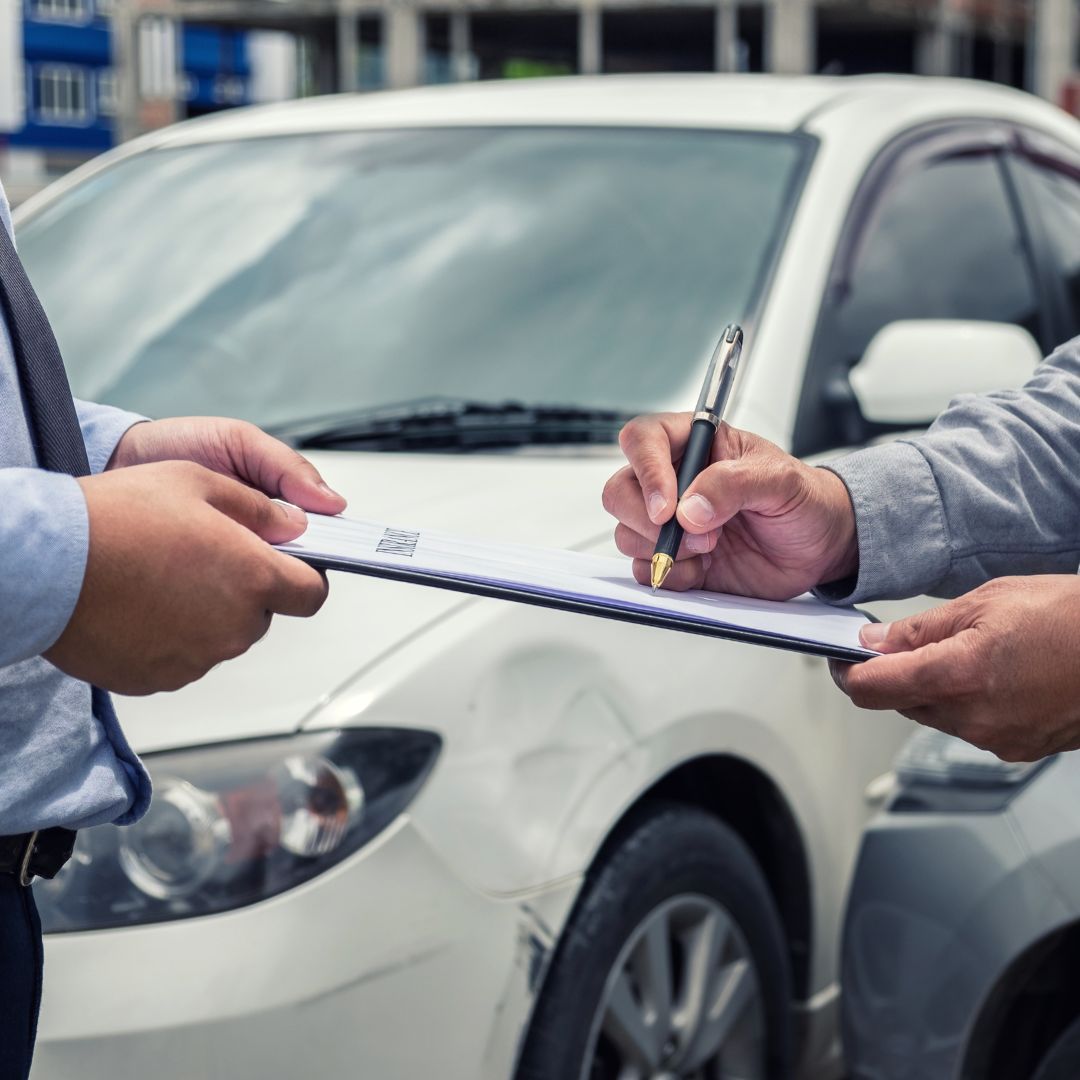Filing a Police Report After an Accident in Ohio
See How We're Different
or call us: 419-720-5825
Understanding the legal requirements and procedures following a car accident in Ohio is crucial. One of the key aspects to consider is the timeline for filing a police report. This article provides an in-depth look into the process, the timeframe, and the implications of filing a police report after an accident in Ohio.
Legal Requirements for Reporting Accidents in Ohio
Ohio law mandates that any motor vehicle accident resulting in injuries or property damage exceeding $1000 should be reported to the police. The report should be filed as soon as possible, but no later than six months after the accident. Failure to report an accident can lead to legal consequences, including fines and possible suspension of driving privileges.
It's important to note that these requirements apply regardless of who was at fault in the accident. Even if you believe you were not responsible, you are still legally obligated to report the accident if it meets the criteria mentioned above.
How to File a Police Report
Filing a police report in Ohio can be done in several ways. The most common method is to call the police immediately after the accident. The police will arrive at the scene, assess the situation, and file a report. If the police do not come to the scene, you can visit the nearest police station to file a report in person.
Another option is to file a report online. Many Ohio police departments offer online reporting systems for non-emergency situations. This can be a convenient option if you are unable to visit a police station in person. However, it's important to ensure that you provide all necessary information and documentation when filing online.
Importance of Filing a Police Report
Filing a police report after an accident is not just a legal requirement; it also plays a crucial role in the insurance claims process. The report provides an official record of the accident, which can be used to determine fault and assess damages. Without a police report, it may be more difficult to prove your case and receive compensation from your insurance company.
Moreover, a police report can protect you from potential legal issues down the line. For instance, if the other party involved in the accident later claims injuries or damages that were not apparent at the scene, a police report can provide evidence to counter such claims.
What to Include in the Police Report
When filing a police report, it's important to provide as much information as possible. This includes details about the accident, such as the date, time, and location, as well as information about the vehicles and individuals involved. Be sure to include descriptions of any injuries or property damage.
It's also recommended to include any relevant circumstances leading up to the accident. For example, if the other driver was speeding or driving recklessly, this should be noted in the report. Similarly, if there were any witnesses to the accident, their contact information should be included in the report.
Consequences of Not Filing a Police Report
Failure to file a police report after an accident in Ohio can have serious consequences. As mentioned earlier, it's a legal requirement to report accidents that result in injuries or significant property damage. Not doing so can result in fines, and in some cases, suspension of your driving privileges.
Moreover, not filing a police report can complicate the insurance claims process. Without an official record of the accident, it may be difficult to prove your case and receive the compensation you deserve. In some cases, your insurance company may even deny your claim altogether.
Exceptions to the Reporting Requirement
While it's generally required to file a police report after an accident in Ohio, there are some exceptions. For instance, if the accident resulted in minor property damage and no injuries, you may not be required to file a report. However, it's always a good idea to file a report anyway, as it can provide valuable documentation in case of future disputes or claims.
Additionally, if the accident occurred on private property, such as a parking lot, the reporting requirements may be different. In such cases, it's recommended to consult with a legal professional to understand your obligations.
Conclusion
Understanding the timeline and process for filing a police report after an accident in Ohio is crucial. Not only is it a legal requirement, but it also plays a key role in the insurance claims process and can protect you from potential legal issues. Remember, when in doubt, it's always better to report an accident and have an official record on file.
Whether you're involved in a minor fender bender or a serious collision, knowing your responsibilities and rights can make the aftermath of an accident less stressful and more manageable. Stay safe on the roads, and remember that the law is there to protect you.













